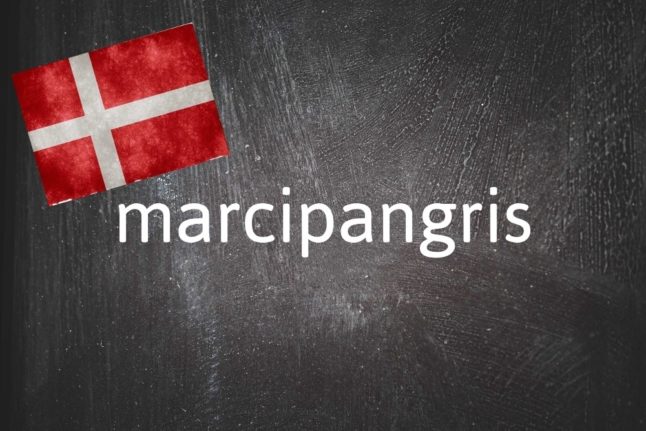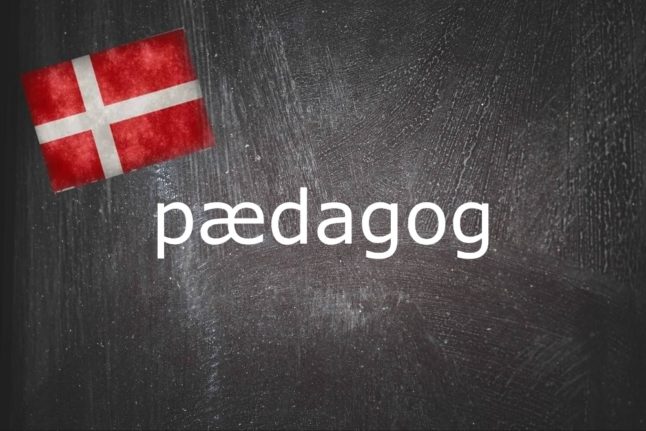What is marcipangris?
A marsipangris, or marzipan pig, is just that: a pig figurine made out of marzipan, often covered in chocolate.
This delicious confectionary animal pops up in various sizes in many supermarkets, confectionery, and speciality shops in Denmark during the festive season, and is also commonly referred to as a julegris (“Christmas pig”).
The marcipangris is popularly used as a prize given to the winner of Christmas games at holiday gatherings. The classic Christmas game with which it is associated is the risalamande challenge.
Risalamande is a hugely popular cold rice sweet mixed with whipped cream, vanilla and chopped almonds and served with warm cherry sauce.
By tradition, one whole almond is left in the mix, which is then spooned into everyone’s bowls when it’s time to have dessert after Christmas dinner.
Whoever finds the whole almond wins a present (the mandelgave or “almond gift”), which is customarily a julegris. The game is often fixed so that a child (or children) wins the prize.
Why do I need to know marcipangris?
According to Videnskab.dk, the “almond gift” custom originated in France, but risalamande – despite its French-sounding name – is very much Danish.
That is because increasingly creative ways to make meals using rice emerged in Denmark after rice became a more inexpensive ingredient in the 1800s.
Meanwhile, it was tradition to slaughter a pig to give fresh (rather than salted) meat for the Christmas meal, despite the popularity of duck as a Danish Christmas dinner staple in later years.
As such, there is some sense in the link between a pig and a sweet-tasting Christmas treat.



 Please whitelist us to continue reading.
Please whitelist us to continue reading.
Member comments